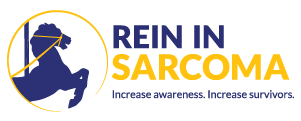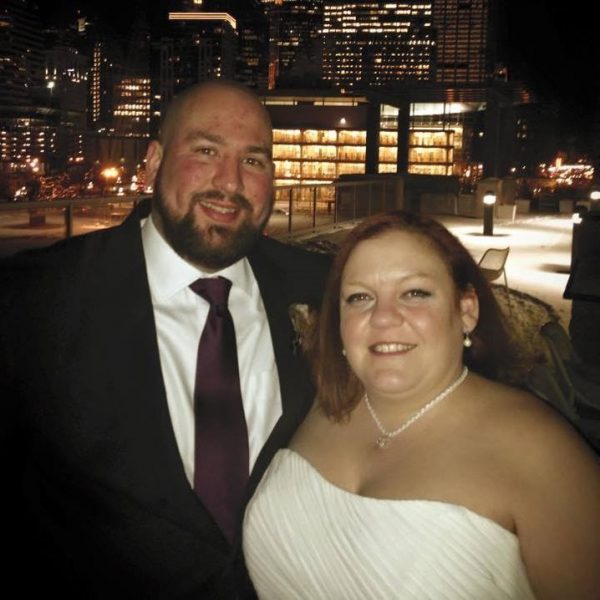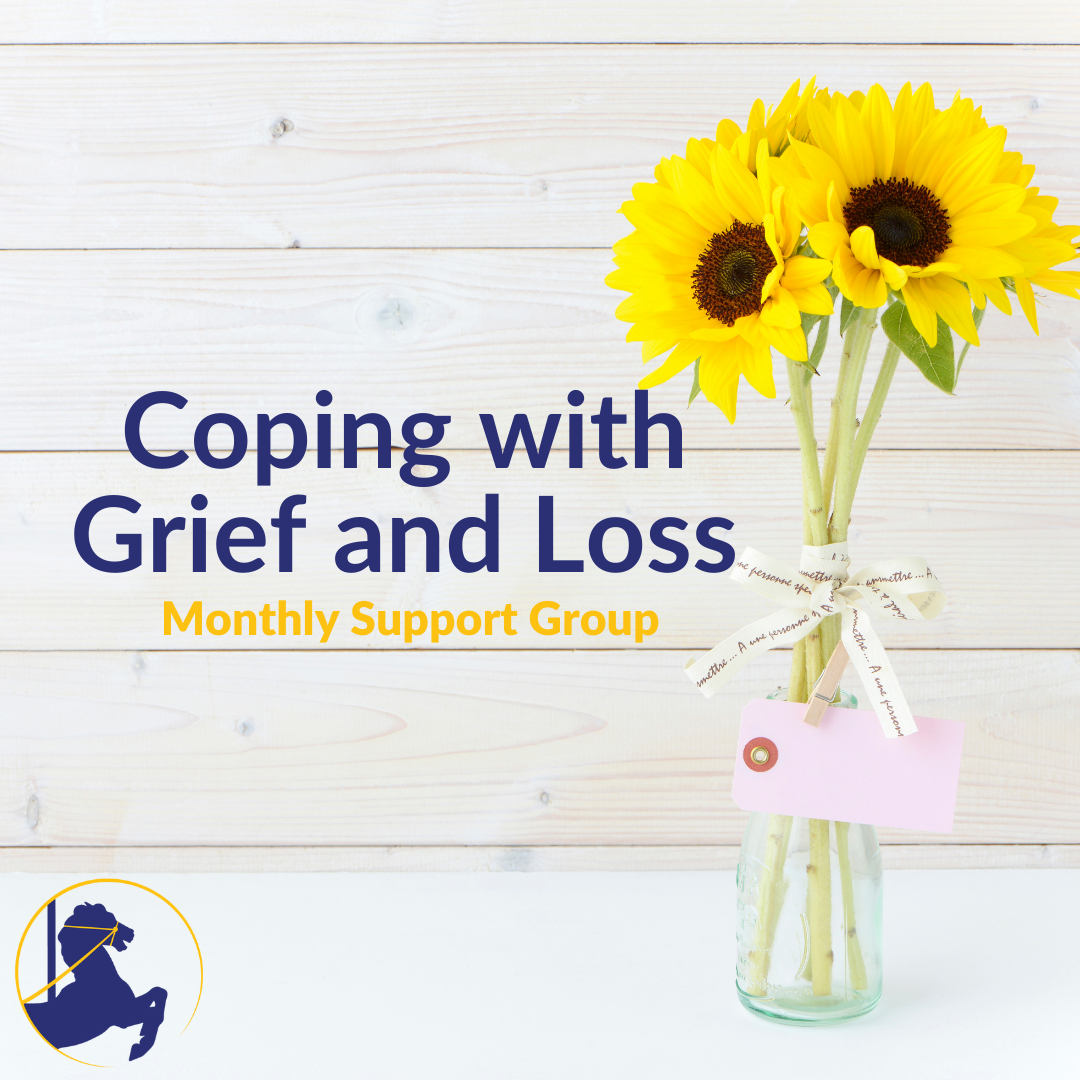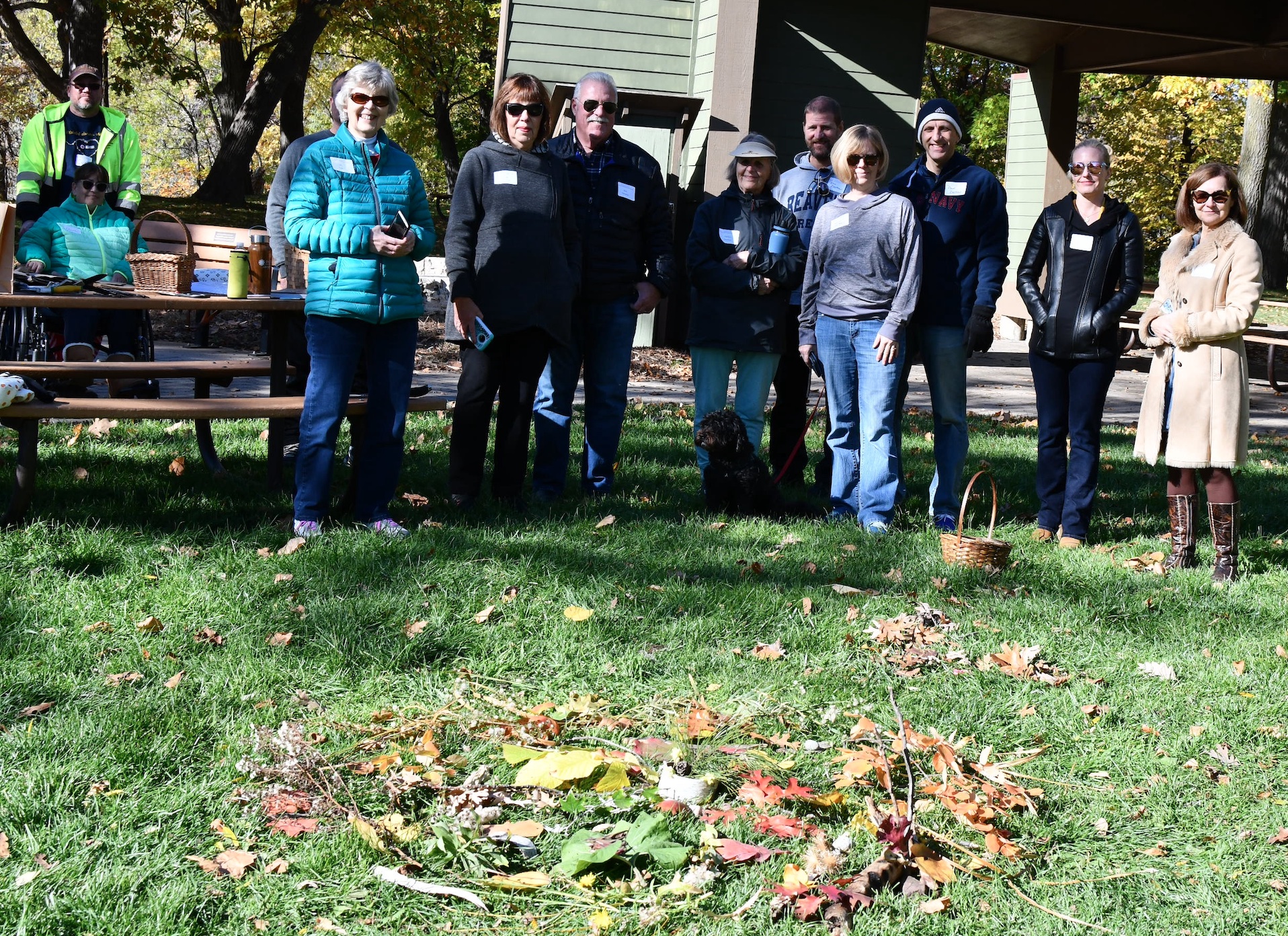If you have or are supporting a friend or family member who has been diagnosed with cancer, you know that role comes with many challenges. It’s hard to watch the ones we love suffer and struggle. There is a learning curve – from screening to diagnosis to treatment and to long-term survivorship, or to end of life. These experiences are unique to every patient as well as every caregiver.
Every caregiver needs to figure out how to balance their time, energy and learn how to give in ways your loved one most needs and can accept. At Rein in Sarcoma, we’re taking a look at the realities faced by caregivers and the patients they love to enhance our resources and support services.
I recently sat down with Alan Christensen. Alan became familiar with Rein in Sarcoma when his wife Sara was going through an Angiosarcoma diagnosis, treatment and – sadly – death. Both Sara and Alan began volunteering with RIS in early 2019 until Sara’s passing on July 24, 2019.
I asked Alan how he handled the initial stages of the diagnosis. Alan replied, “I was very naïve to the whole cancer world when Sara was initially diagnosed. I felt my learning curve and the experiences we went through compacted 40-50 years into a 13-month time span. I learned at a pace that I had never experienced before.”
As caregivers, it is often very difficult to cope with your own emotions while focused on the person you are caring for. I asked Alan what he did to help himself during this time. Alan shared that routines were very important to him around Sara’s care and his personal time. He found he became more adept at living in the moment while being a caregiver. He also found it challenging to discover his own voice as a caregiver as time went on, to not become the “doormat” for every emotion he and Sara were going through.
Alan learned a very important lesson: to not give beyond his ability, and not have to answer everyone else’s questions as he continued to be a caregiver during his grieving process. Alan learned to not continually feel the need to share everything with everyone. This helped him keep from becoming overwhelmed or exhausted answering all the questions and repeating information and stories that, to him, were personal and could be very upsetting.
I asked Alan what advice he would give to a new caregiver. Alan said, “Show up and listen. Those who go through their cancer journey often just need someone there. Also, there can be a monotony to cancer treatment life, so you need to carve out time for yourself to just have some fun.”
While Sara was in treatment Alan found Jack’s Caregivers Coalition, a men’s organization that connects male caregivers for mentorship and for events to bring caregivers together to talk, share and have some fun. Growing up, Alan had mostly female friends so a group of men as mentors and friends was fairly new to him. This group helped Alan connect to himself as a caregiver and to give a deeper level of care for Sara. Sara encouraged Alan to go to events even when she was not doing well – she knew how important it was for Alan to take care of himself too. Alan is still involved with Jack’s as a mentor. Alan knows the importance of not going through the caregiver experience alone. He remains friends with the wonderful group of guys he met – as fellow caregivers they share a deeper connection that endures.
Rein in Sarcoma (RIS) Resources and Support for Patients, Families and Caregivers
RIS is a major form of support and inspiration for a very lonely disease. We provide information to sarcoma patients, families, caregivers and survivors. RIS does this through:
- Peer to Peer patient support and mentorship
- Free Sarcoma Patient Starter Guidebook
- Monthly meetups for sarcoma patients and their caregivers
- Rein in Sarcoma Circle of Support Facebook page
- Rein in Sarcoma gatherings throughout the year include our annual summer celebration Party in the Park, our Winter Gathering for patients, families and caregivers, and our fall Rein in Sarcoma Remembers event
More information available here



